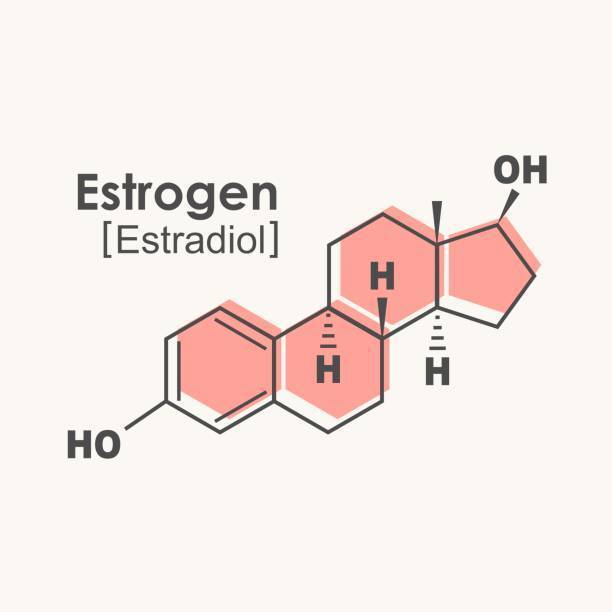
At Tulsi Wellness Club, we are committed to providing comprehensive support for women navigating the complexities of menopause. One common concern during this transitional phase is changes in vaginal odor. While often a natural part of aging, understanding the underlying factors and finding effective solutions can greatly enhance your comfort and confidence. In this article, we explore the connection between menopause and vaginal odor and offer insights on managing this issue.
Menopause and Its Impact on Vaginal Health
Menopause marks the end of a woman’s menstrual cycles and typically occurs around age 50. During this transition, hormonal fluctuations, particularly the decline in estrogen levels, can lead to various changes in the body. One of these changes is the impact on vaginal health, which can manifest as altered vaginal odor.
Why Menopause Can Affect Vaginal Odor
- Hormonal Changes
The reduction in estrogen during menopause can lead to thinning of the vaginal walls and a decrease in natural lubrication. This can cause the vaginal environment to become drier and less acidic, which may alter the normal balance of vaginal flora and contribute to a change in odor.
- Vaginal Atrophy
Known as atrophic vaginitis, this condition results from decreased estrogen levels and leads to dryness, irritation, and inflammation of the vaginal tissues. The discomfort associated with vaginal atrophy can sometimes be accompanied by a noticeable change in odor.
- Increased pH Levels
Estrogen helps maintain a healthy acidic environment in the vagina. With lower estrogen levels, the vaginal pH can become more alkaline, which can promote the growth of certain bacteria and yeast, potentially leading to a stronger or unpleasant odor.
- Infections and Imbalances
Menopausal women are at a higher risk for infections such as bacterial vaginosis or yeast infections, which can also alter vaginal odor. These infections thrive in the altered vaginal environment caused by hormonal changes.
Managing Vaginal Odor During Menopause
- Maintain Proper Hygiene
Practicing good vaginal hygiene is crucial. Use mild, unscented soaps and avoid douching, which can disrupt the natural balance of vaginal flora. Wearing breathable cotton underwear and changing out of wet clothing promptly can also help.
- Stay Hydrated
Drinking plenty of water helps maintain hydration levels, which can support overall vaginal health and alleviate dryness.
- Consider Vaginal Moisturizers
Over-the-counter vaginal moisturizers or lubricants can help combat dryness and improve comfort. These products can also help maintain a balanced vaginal environment.
- Estrogen Therapy
For some women, topical estrogen therapy (creams, rings, or tablets) may be recommended to address dryness and atrophy. This can help restore vaginal moisture and reduce odor-related issues. Consult with your healthcare provider to determine if this is a suitable option for you.
- Probiotics
Incorporating probiotics into your diet can help maintain a healthy balance of vaginal flora. Probiotics, found in yogurt and supplements, may help support a balanced pH and reduce the risk of infections.
- Regular Check-ups
Regular gynecological exams are essential for monitoring vaginal health and addressing any underlying issues. If you notice persistent or unusual odor changes, consult your healthcare provider for a thorough evaluation.
Tulsi Wellness Club’s Support for Menopausal Health
At Tulsi Wellness Club, we understand that menopause can bring about various challenges, including changes in vaginal health. Our holistic approach to wellness includes personalized consultations and supportive strategies to help you navigate these changes with ease. Whether you need advice on managing symptoms or exploring treatment options, our expert team is here to assist you.
Conclusion
Changes in vaginal odor during menopause can be attributed to hormonal shifts, vaginal dryness, and pH imbalances. Understanding these factors and taking proactive steps can help manage and alleviate this concern. At Tulsi Wellness Club, we are dedicated to supporting your journey through menopause with compassionate care and practical solutions. If you have questions or need personalized guidance, don’t hesitate to reach out to our team.
Dr. Natasha MacLeay
Contact Me



